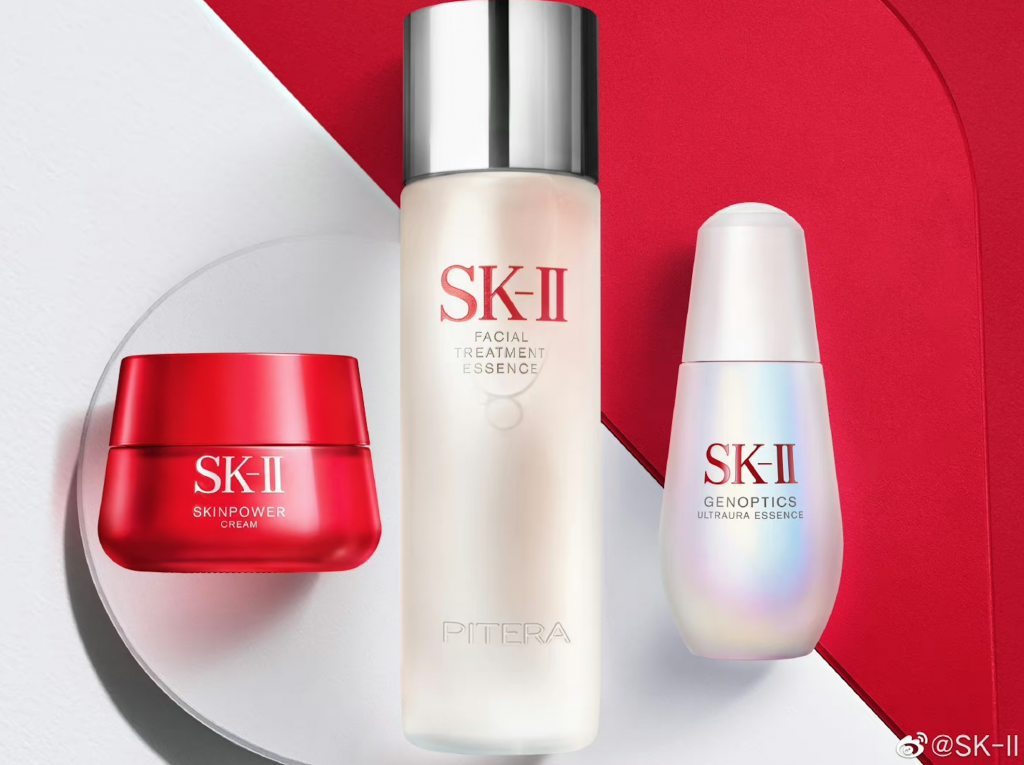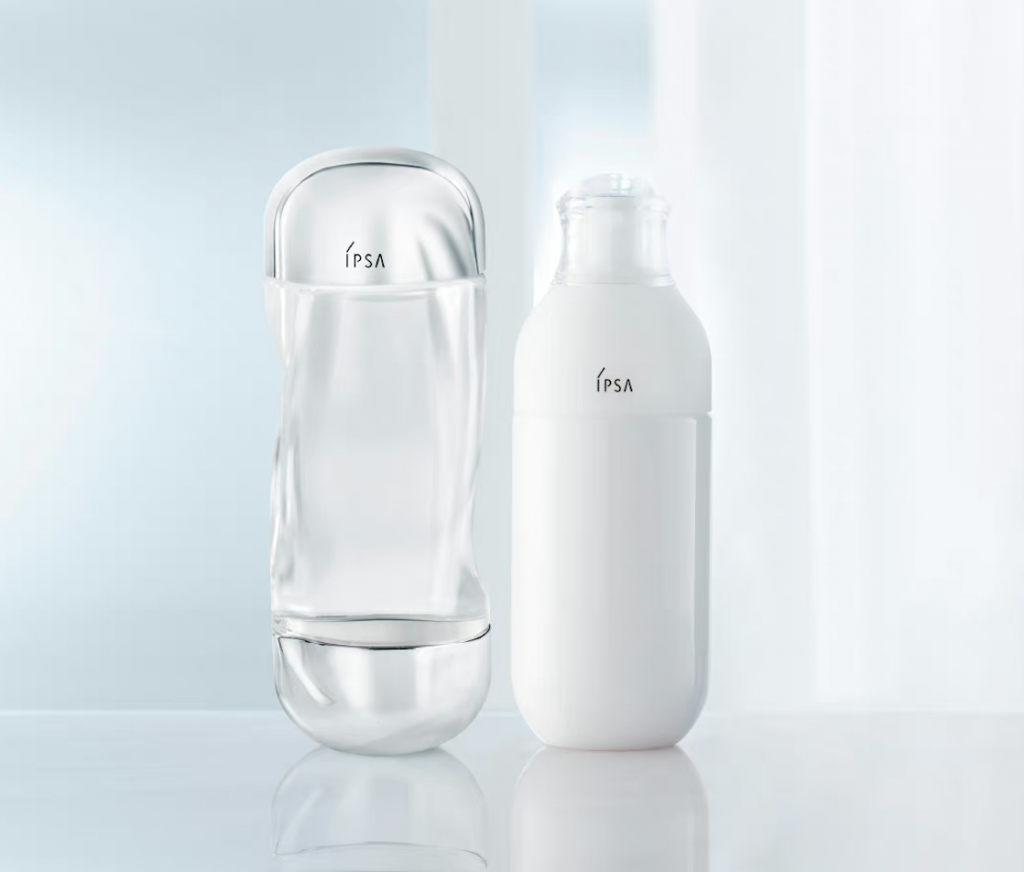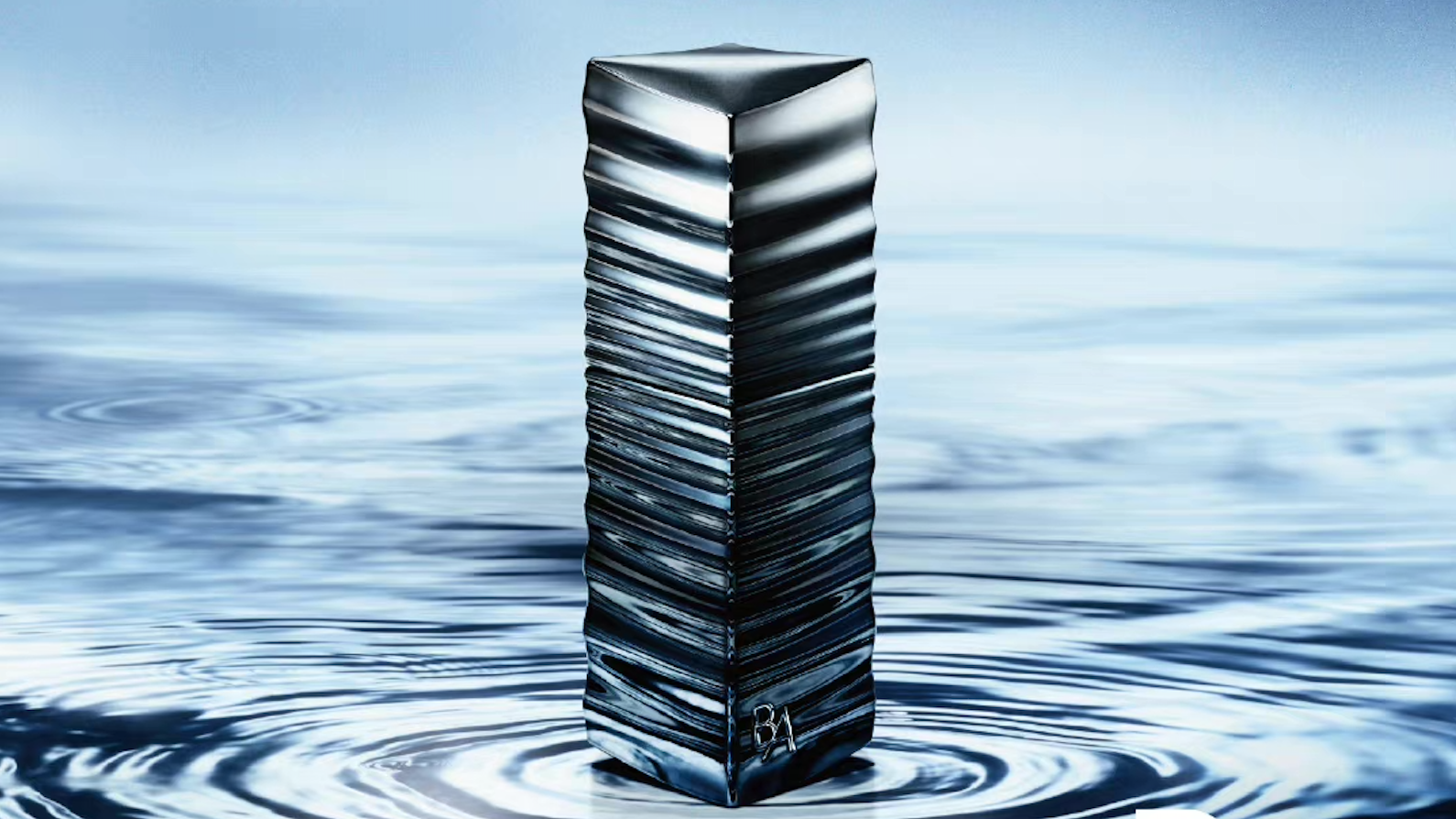Subscribe to our Jing Beauty newsletter to get the latest on China's world of beauty and wellness.
What happened
On June 12, the operator of the wrecked Fukushima nuclear power plant, the site of the second-worst nuclear accident in history, began tests to discharge treated radioactive wastewater into the sea. The news has alarmed neighboring countries, including China, with consumers questioning the safety of products made in Japan.
On Weibo, the hashtag “Can SK-II’s lotion suspected of nuclear contamination still be used?” has sparked heated discussions, compelling SK-II’s parent company to issue an official statement refuting the rumors. Protect & Gamble stated that all SK-II products are produced in strict compliance with market regulatory requirements and standards. In order to ensure the safety of SK-II products imported into China, the company has taken the initiative to require targeted radiation testing.

Still, consumers remain concerned and skeptical. Many are even returning the Japanese beauty products they purchased during the 618 shopping festival, stating they will no longer buy J-beauty products starting from now.
The Jing Take
Some Chinese netizens compiled a list of J-beauty brands they recommend not to purchase, including Annessa, Albion, Clé de Peau Beauté, Fancl, Pola, Shiseido, Ipsa, and Decorté. On social media platform Xiaohongshu, 79 percent of the 4,472 participants in a poll said that they would not continue to use Japanese skincare and makeup.
J-beauty brands are facing a challenging scenario in their biggest market: China. It is worth noting that Japan had the biggest market share of China’s imported cosmetics market from 2019 until 2022, when France overtook it. This controversy will make it more challenging for Japan to regain the top position.
According to Chinese customs bureau data, from January to November 2022, the top five cosmetics exporters to China were France, Japan, South Korea, the US, and the UK. Among them, the export value of France reached $4.2 billion (28.9 billion RMB), accounting for 24.9 percent of the total export value. Japan trailed closely behind with an export value of $4.1 billion (28.6 billion RMB), accounting for 24.7 percent of the total export amount.

In the short-term, J-beauty’s sales in China will be hurt. Restoring its image in the market and ensuring the safety of its products will be vital to winning back the flourishing local beauty industry. In May, China’s total retail sales of cosmetics reached $4.6 billion (33 billion RMB), an increase of 11.7 percent year-on-year, setting a 10-year record high.
Although less exposed, C-beauty and global players should also stay alert, as domestic beauty aficionados have a habit of checking the ingredients of all their products — not just the Japanese ones. Netizens have even identified the companies that have production facilities based in Japan.

The Jing Take reports on a piece of the leading news and presents our editorial team’s analysis of the key implications for the luxury industry. In the recurring column, we analyze everything from product drops and mergers to heated debate sprouting on Chinese social media.

